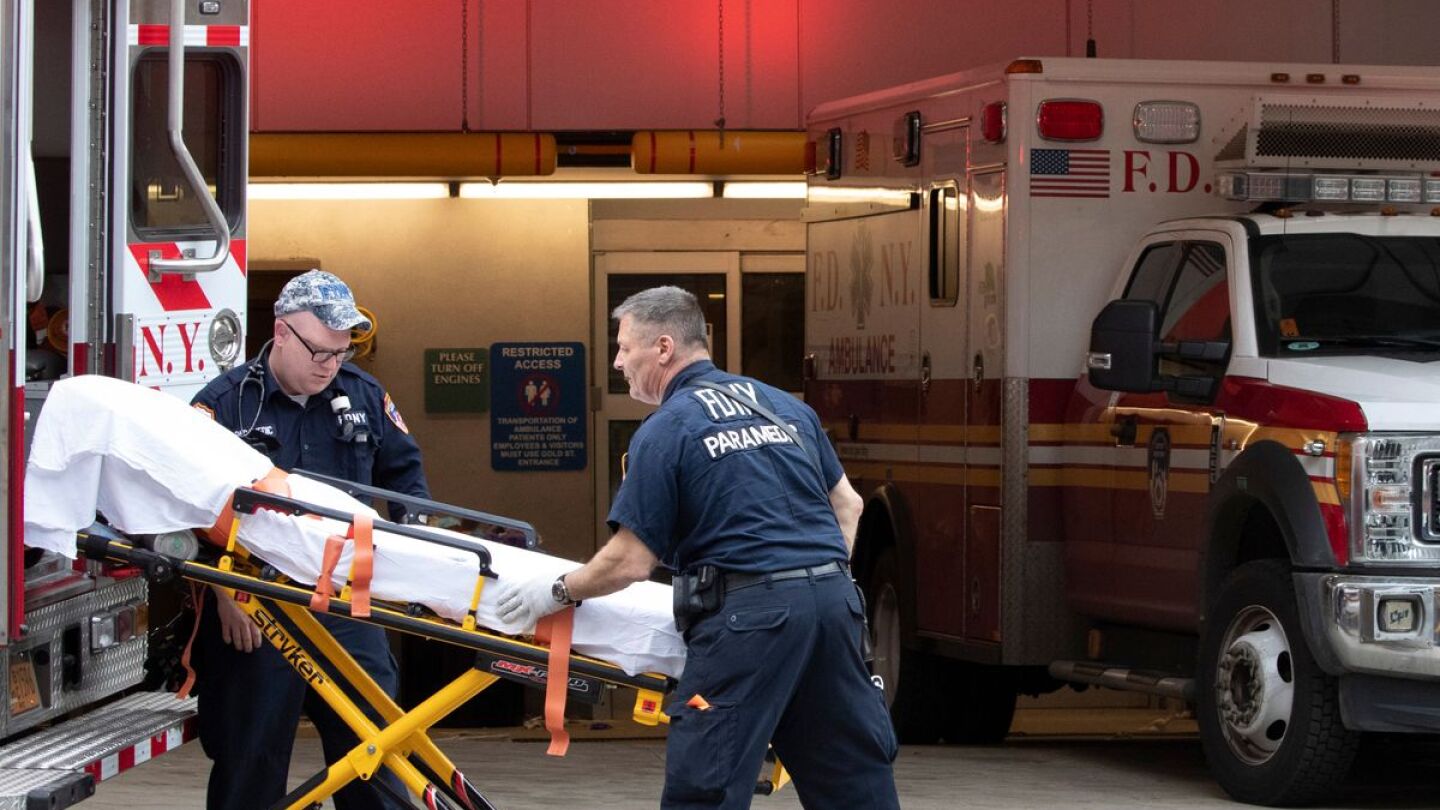Clinical
Access our directory of clinical articles in EMS, which offers in-depth information on patient assessment, treatment protocols, and emerging medical practices. This collection covers various clinical topics essential for EMS professionals, from advanced pharmacology to trauma management. Staying up-to-date with clinical knowledge is vital for delivering high-quality patient care. For additional resources, explore our section on Medical Research. Enhance your clinical expertise with our expert-driven content.
A month after his son initiated CPR for his first SCA, Wayne Kewitsch suffered a second medical emergency while driving
New research explores how point-of-care lung ultrasound can improve prehospital identification of acute heart failure
From the 1500s until today, techniques for placing a tube into the trachea have continuously evolved and will continue to improve in the future
Be prepared for Super Bowl-related emergencies, from avocado mishaps to cardiac arrest
During a time of racial tension and social upheaval, the movement helped form the foundations of the pre-hospital care we’re used to today
A randomized trial suggests public spaces may be suitable for blood pressure screenings
Managing high-risk/difficult refusals with the FEARS mnemonic
Four distinct events must occur in order for an anaphylactic reaction to manifest
An easy patient assessment activity you can incorporate in any classroom
An EMT reflects on the intersection of duty, faith and humanity
Learn how implicit bias is shaping (and harming) the care we give to female patients
We train extensively on blunt trauma and GSWs, but stab wounds also present a real danger for patients
For new EMTs and paramedics there is nothing more important than improving your patient assessment skills; learn and follow these field proven tips
A fatal medication error and subsequent involuntary manslaughter charge highlights the ongoing challenges of error reporting in EMS
We asked readers for advice on learning and studying pharmacology and received dozens of fantastic responses
Remain consistent once you’ve established the patient’s weight, ensure you know what’s in your containers and practice dosing calculations to prevent medication administration errors
The criminalization of medical errors has added a new layer to reducing harm
Watch as Steve Whitehead shares quick tips for improving stroke care
Day 1 of the Wisconsin EMS Association conference featured sessions on sepsis, electrolyte imbalances, facial trauma and traumatic amputations
“What happens when the kidneys aren’t getting enough blood? They sound the alarm with renin.”
Dr. Amanda Berndtson shares the impact of wall-related injuries on EMS and hospitals in Southern Arizona and San Diego at NAEMSP Grand Rounds
These devices, crucial for measuring blood oxygen levels, have shown discrepancies in accuracy when used on darker skin, leading to potential health risks for non-white patients, the study states
For your reference: A pediatric vitals chart broken down by age range
The dos and don’ts of operating in an era where everyone has a camera on you
Rescuers need to anticipate specific medical problems and patient needs as they prepare to encounter patients in a collapsed structure or debris pile
Educating patients at the highest risk for suffering a fatal overdose
Crush syndrome can be expected following any event where patients are trapped for a length of time
EMS clinicians are in a unique position to provide proactive education to patients as the only subset of clinicians that enter their homes
MOST POPULAR
- 30 feet to catastrophe: The price of a higher wall — injuries at the U.S.-Mexico border
- The EMS Book Club: 10 texts all paramedics should have on their shelves
- NEMSQA 2024: Dr. Jeff Jarvis on airway safety and the path to EMS improvement
- Trespassers rescued from inside abandoned Colo. missile silo
- 5 simple strategies to strengthen patient relationships in EMS































